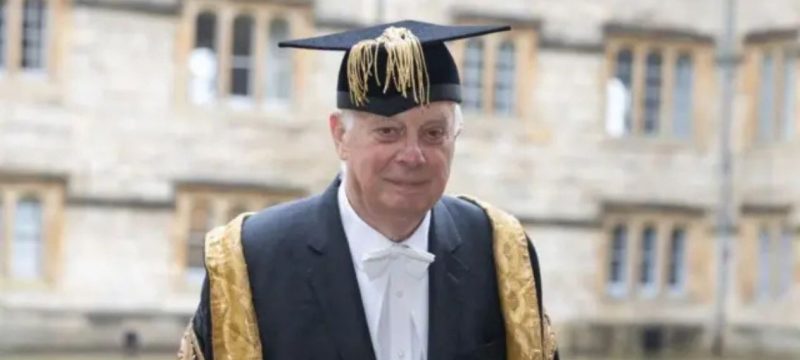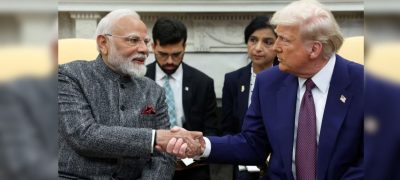Lord William Hague has been elected as the new Chancellor of the University of Oxford, securing the majority vote in the final round of the election process.
His formal inauguration as Chancellor is scheduled for early next year, and he will serve a 10-year term. As the 160th recorded Chancellor in the university’s history—a position that dates back over 800 years—Lord Hague expressed deep gratitude for the opportunity.
Read more: Imran Khan’s Bid for Oxford Chancellorship Faces Legal Challenges
In his acceptance, he stated: “I am truly honored to have been elected as Chancellor of our university, a role I consider the greatest privilege of my life. I commend the other candidates, especially for their dedication to Oxford’s future. The next decade is crucial for Oxford and its contribution to the UK’s success. I look forward to working with the Vice-Chancellor, students, and alumni to further the university’s exceptional achievements. Oxford holds a special place in my heart, and I will dedicate myself to serving it in the years ahead.”
Professor Irene Tracey, Vice-Chancellor of Oxford, warmly welcomed Lord Hague, saying, “We are delighted to have Lord Hague as our 160th Chancellor. On behalf of the university, I extend heartfelt congratulations to him and thank the other candidates for their willingness to serve.”
A graduate of Magdalen College in 1982, Lord Hague studied Philosophy, Politics, and Economics, often crediting Oxford for transforming his life. During his time at the university, he served as President of the Oxford Union and later contributed to its development initiatives, including the Campaign for Oxford.
Lord Hague is widely recognized for his political career, having led the Conservative Party from 1997 to 2001 and served as Foreign Secretary between 2010 and 2014. He also held roles as Secretary of State for Wales, Leader of the House of Commons, and Minister for Disabled People, where he authored the Disability Discrimination Act. He represented Richmond, Yorkshire, as an MP for 26 years.
Since stepping away from politics, Lord Hague has focused on business, charitable work, and writing, becoming a Fellow of the Royal Society of Literature and contributing as a columnist for The Times. He has also authored two acclaimed historical biographies.
The Chancellor election saw participation from 23,008 members of Convocation, voting across 38 candidates in the first round. Using the Alternative Vote system, Lord Hague emerged as the winner in the second round from a shortlist of five candidates.









